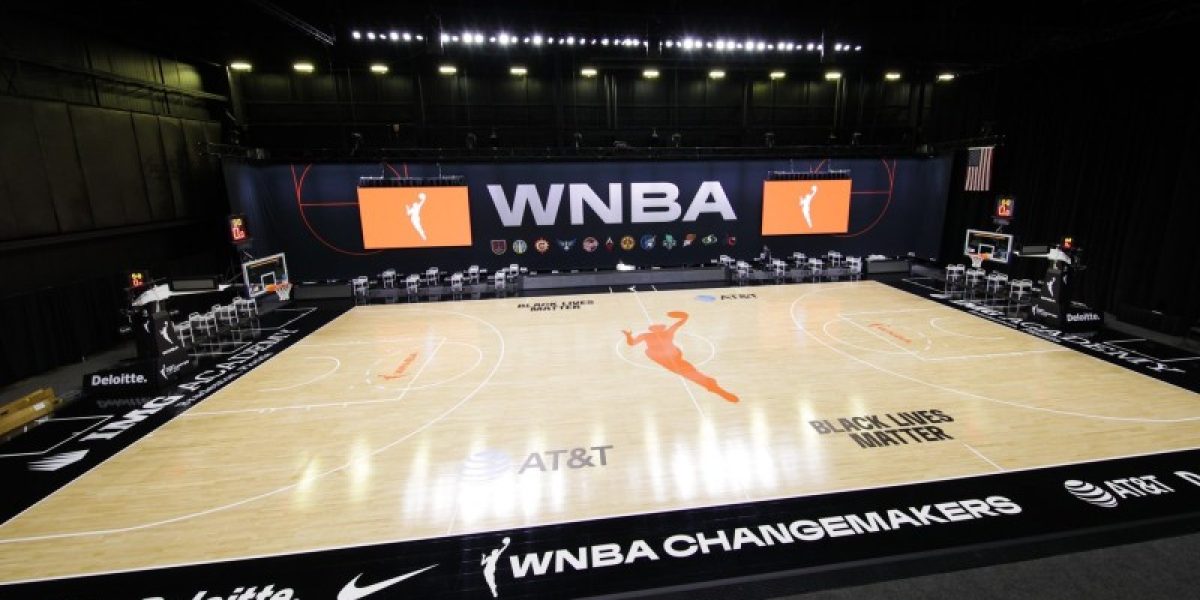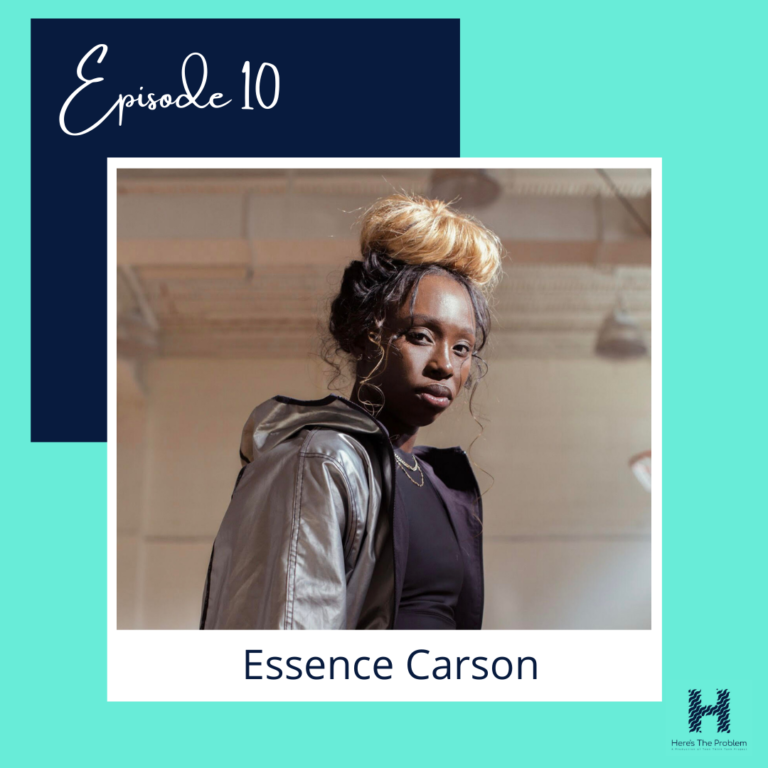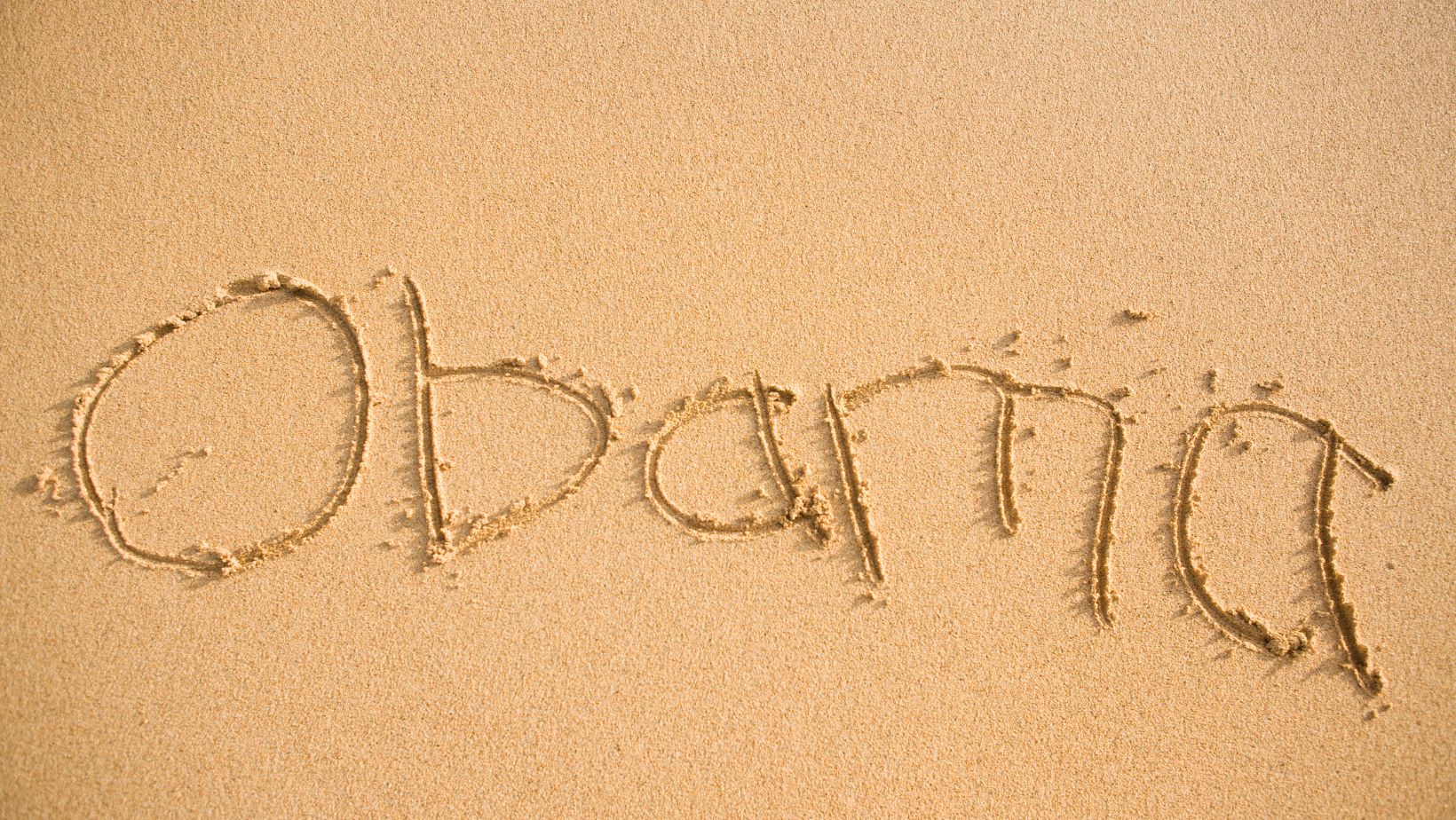WNBA's Fight for Social Change
As the world dealt with the deadly effects of COVID-19, in 2020, the United States was forced to confront a different kind of plague that has threatened society for centuries: systemic racism.
The killings of George Floyd, Breonna Taylor, and Ahmaud Arbery at the hands of police and vigilante racists sparked a summer of outrage, protests, demonstrations, and calls for change. However, the world was just emerging from a near-global shutdown, so advocates and activists faced unprecedented challenges in spreading their message and activating change that was severely needed. Enter the WNBA’s Wubble!
The sports world will long remember the effect that the NBA’s Bubble had on reintroducing organized sports to America on July 30, 2020, but it is the WNBA that is credited with ushering major professional sports back into the post-pandemic world as they tipped off league games five (5) days earlier in a less glamorous bubble on the campus of the IMG Academy in Bradenton FL. While their accommodations were more modest (to say the least) than their NBA brethren, the impact of these 144 change agents was just as meaningful.
Below you will find some valuable resources for learning about the WNBA’s role in the Summer of Racial Reckoning.
Inside the Wubble
ESPN produced a full-length retrospective documentary highlighting what it was like for the women of the WNBA inside the IMG bubble, but one of the first sneak peeks into the life of an athlete during the pandemic came courtesy of Monique Billings of the Atlanta Dream as she vlogged her journey in a series from House of Highlights.
Say Her Name
The WNBA players were not only united in their fight for social justice but they were also united in their message. The players wore special uniforms to bring attention to the women and girls that were victims of police brutality and racial violence, including Sandra Bland, Breonna Taylor, and Vanessa Guillen. Names that many Americans either forgot or never knew.
Social Justice Council
One of the most critical elements of the work done by the WNBA players inside the Wubble was the creation of the WNBA/WNBPA Social Justice Council, a player-led committee that created “spaces for community conversations, virtual roundtables, and other activations to address this country’s long history of inequality, implicit bias and systemic racism that has targeted black and brown communities.”
The Social Justice Council comprises change agents and allies within the WNBA community committed to building “bridges to communities and create sustainable change.”
The Essence of Change
One of the most inspirational (and certainly one of our favorite) members of the WNBA Wubble is Essence Carson. She was gracious enough to join our Here’s the Problem Podcast to discuss social justice, protests, and human rights.
A Protest within the Protest
One of the most impressive aspects of the WNBA protests was that it was not a pre-fabricated and predetermined spectacle. Instead, it was a living, breathing moment in time that reflected the attitudes and spirit of those around the country who rose to the challenge of facilitating race-focused conversations. Perhaps the most remarkable example of this was the league’s reaction to Kelly Loeffler, politician and (former) co-owner of the Atlanta Dream.
The controversial MAGA-aligned politician from Georgia wrote a letter to WNBA commissioner Cathy Engelbert stating that players should not be permitted to wear Black Lives Matter and Say Her Name shooting shirts within the bubble. Although owners of professional sports teams typically benefit from an incredible power imbalance regarding interactions with athletes and players associations, the WNBA collective within the bubble was able to revolt and create enough pressure on the league, the Dream, and sponsors that Loeffler eventually sold the team.
History of Activism
The Wubble was certainly the latest and most powerful example of how the WNBA players have united to create collective action. However, the 2020 season was not the first time the players have embraced the role of change agents. In fact, the players of the WNBA have a long history of getting off the sidelines and fighting for social change on the front lines.




